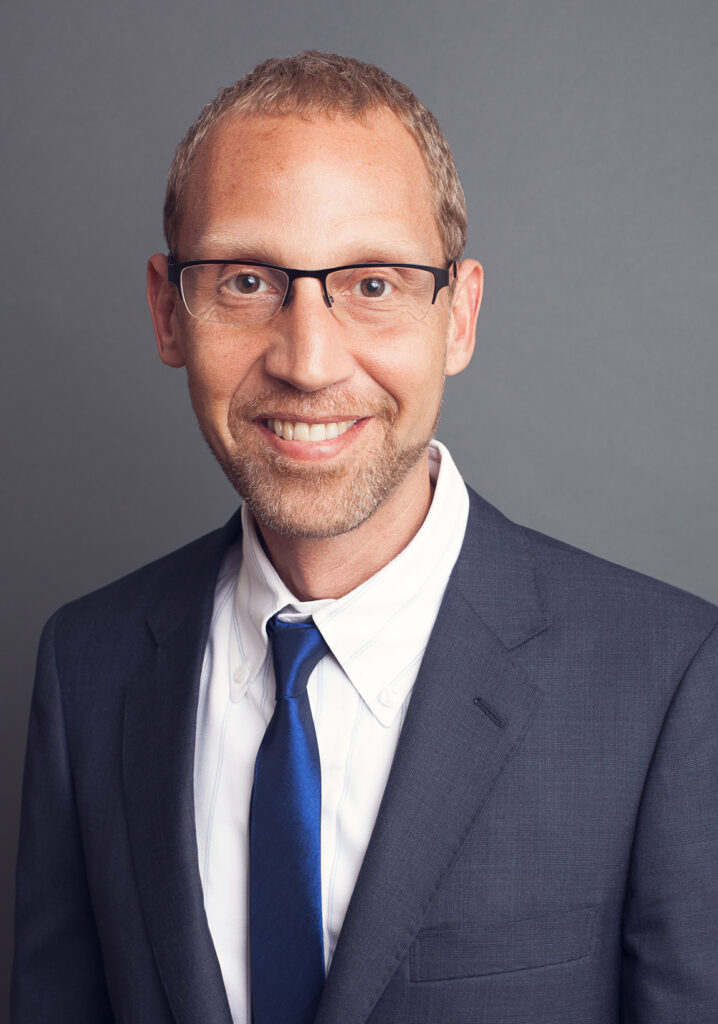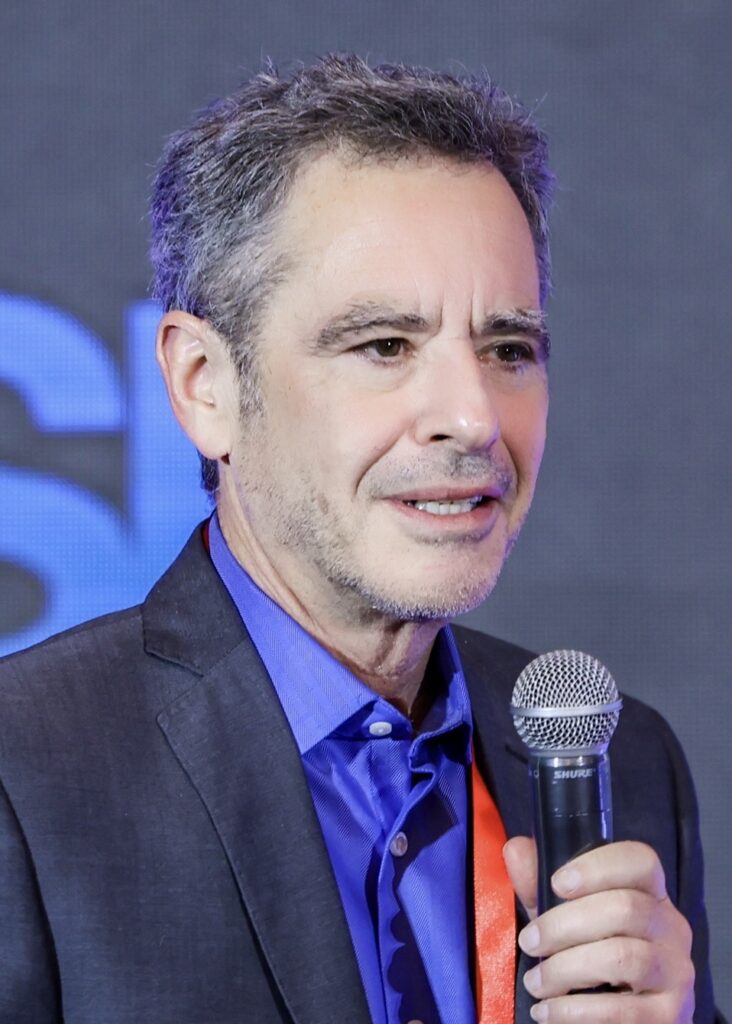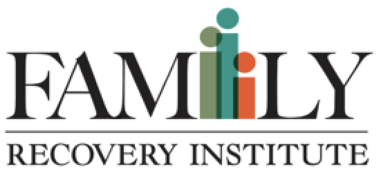Eight sessions, the third Friday of the month:
Oct. 17th, Nov 21st, Dec 19th, 2025; Jan 16th, Feb 20th, Mar 20th, Apr 17th, May 15th, 2026
12:30 – 2:30 pm
NARRATIVE:
Many of our patients come to therapy because they’re desperate to find, or to rediscover, a sense of possibility in their lives. They’ve lost faith in the possibility of finding meaningful work or a satisfying relationship, of overcoming the obstacles that hold them back in their lives, or of simply feeling better about themselves and their life direction.
Holding a sense of possibility for our patients can sometimes be difficult. But it can be especially difficult in these times, when so many possibilities–for health, for education, for racial and economic justice, for financial security– are being foreclosed daily.
In this fraught environment, how do we both acknowledge the reality of our present situation, and hold out a sense of hope for our patients, many of whom now have a whole new host of worries about how best to live through these difficult times? What do we do when we share our patients’ worries? What do we do when we don’t share them, and have trouble understanding them?
Intersubjectivity theory is based on the premise that patients’ and therapists’ experiences of the world are grounded in their unconscious organizing principles. Sometimes our organizing principles differ radically from each other–a situation Intersubjectivity theory refers to as an “intersubjective disjunction” . Sometimes they’re similar–what Intersubjectivity calls an “intersubjective conjunction”. Learning to work with intersubjective disjunctions and conjunctions is at the heart of working intersubjectively. It can be especially important in these times, when patients’ and therapists’ fears and anxieties threaten to undermine our hopes for a better future.
The readings in this course will cover the basic concepts of Intersubjectivity theory, including intersubjective conjunctions and disjunctions; the repetitive and developmental dimensions of the transference; and the intersubjective understanding of trauma. Through case presentations, participants will learn to apply these concepts in clinical situations.
LEARNING OBJECTIVES:
Upon completion of this workshop, participants should be able to:
- Define intersubjective disjunctions and conjunctions and describe how they manifest in the therapeutic relationship.
- Identify and apply strategies to repair ruptures caused by intersubjective disjunctions in therapy.
- Recognize and address unrecognized intersubjective conjunctions, understanding their potential impact on treatment dynamics.
- Define transference and countertransference from an intersubjective perspective and differentiate between the repetitive and developmental dimensions of the transference.
- Describe the difference between the forward edge and the trailing edge of the transference, and explain when to focus on each dimension in treatment.
- Apply intersubjectivity theory to therapeutic practice, with a focus on helping patients maintain and cultivate a sense of hope and possibility during challenging times.
- Integrate intersubjective theory concepts into clinical case work, demonstrating increased facility in recognizing and working with intersubjective dynamics in diverse clinical settings.
COURSE OUTLINE – 2 HOURS:
12:30-1:15 pm
Instructor will provide an in-depth analysis of a core concept in
Intersubjectivity theory. Each class will focus on one of the following
Concepts:
- Intersubjective disjunctions and conjunctions.
- Rupture and repair.
- Recognizing intersubjective conjunctions.
- The intersubjective understanding of transference.
- The forward edge and the trailing edge of the transference.
- The repetitive and developmental dimensions of the transference.
- How and when to work in each dimension of the transference.
- Identifying and strengthening patients’ sense of possibility
1:15-2:30 pm
A participant will present a case and the class will discuss the case with the aim of integrating the theoretical concepts discussed in the first part of the class with actual clinical material.
CONTENT CURRICULUM
1) How program content will build upon the foundation of a completed doctoral program in psychology:
Students in doctoral programs in psychology are usually introduced to basic psychoanalytic and psychodynamic concepts. They rarely receive any exposure to Intersubjectivity theory and other contemporary psychoanalytic theories, or to the many ideas about the treatment process Intersubjectivity theory proposes. This course builds upon students’ doctoral level familiarity with basic psychoanalytic concepts to introduce them to more contemporary ways of thinking and practicing.
2) How content is specifically relevant to psychological practice, education, or science:
Many clinical psychologists struggle with how to successfully help patients who are struggling with maintaining a sense of hope and possibility. Some therapists share their patients’ sense of hopelessness, and are unable to treat it effectively. Other therapists become frustrated when their patients don’t share their hopefulness. This content is specifically designed to give therapists more conceptual tools, and practice in applying them, so they can successfully treat patients who are struggling to maintain a sense of hope and possibility in their lives.
3) Target audience and instructional level of content (introductory, intermediate, or advanced):
The content for this course is intermediate. It assumes that participants have had some postgraduate clinical experience and that they have a basic familiarity with psychoanalytic ideas such as transference.
4) Limitations of the content taught and their most common risks:
I do not believe that there are risks to this material if people understand it well. One of the main objectives of contemporary psychoanalytic practice is not to injure our patients. One of the main objectives of this course is to help therapists work effectively so that their patients are able to achieve their goals without being retraumatized by their therapy. The limitations are that no one should ever rely on one group of theories in their work. There is nothing in contemporary psychoanalysis that precludes the use of CBT, DBT, or any other non psychoanalytic technique when that technique will be useful to the patient.
5) How content reflects the appreciation of diverse populations:
The entire emphasis of contemporary psychoanalysis—and, especially, of Intersubjectivity theory—is that each patient and therapist brings his or her entire self into the treatment. This includes individual, cultural, and role differences. A major focus of this course is understanding how these differences play a role in the treatment, and how understanding how best to work with them can enrich the therapeutic process.
BIO:
Jane Rubin, PhD, PhD, PsyD, received her PhD in philosophy from UC Berkeley and her PhD in clinical psychology from the Wright Institute. She did her psychoanalytic training at the Institute of Contemporary Psychoanalysis in Los Angeles. She is in private practice in Berkeley.
COST:
CIP Member Rate:
$400 early registration up to 10 days prior to first session, $480 after
Non-member Rate:
$480 early registration up to 10 days prior to first session, $560 after
CEs: 16 CEs for LMFTs & LCSW, LPCCs and 16 CEs for Psychologists. Certificates issued after completion of 8 sessions.
The Community Institute for Psychotherapy is approved by the American Psychological Association to sponsor continuing education for psychologists. The Community Institute for Psychotherapy maintains responsibility for these programs and their contents.
Accommodations will be made wherever possible for those with disabilities. Please let us know of any disabilities upon registration to ensure proper accommodations are put in place prior to the workshop/training.
Cancellations must be received in writing 10 business days prior to the seminar, class, or first study group session for a refund minus a $25 cancellation fee. Cancellations less than ten days will not be refunded.
Grievance Procedure: CIP will respond to complaints in a reasonable, ethical and timely manner, when submitted by program attendees in writing to the Chair of CIP’s Professional Development Committee.
Anti-Discrimination Policy: CIP shall not discriminate against any individual or group with respect to any service, program or activity based on gender, race, creed, national origin, sexual orientation, religion, age or other prohibited basis. CIP does not require attendees to adhere to any particular religion or creed in order to participate in training. CIP will not promote or advocate for a single modality of treatment that is discriminatory or likely to harm clients based on current accepted standards or practice.
*There is no conflict of interest or commercial support related to this CE program.













